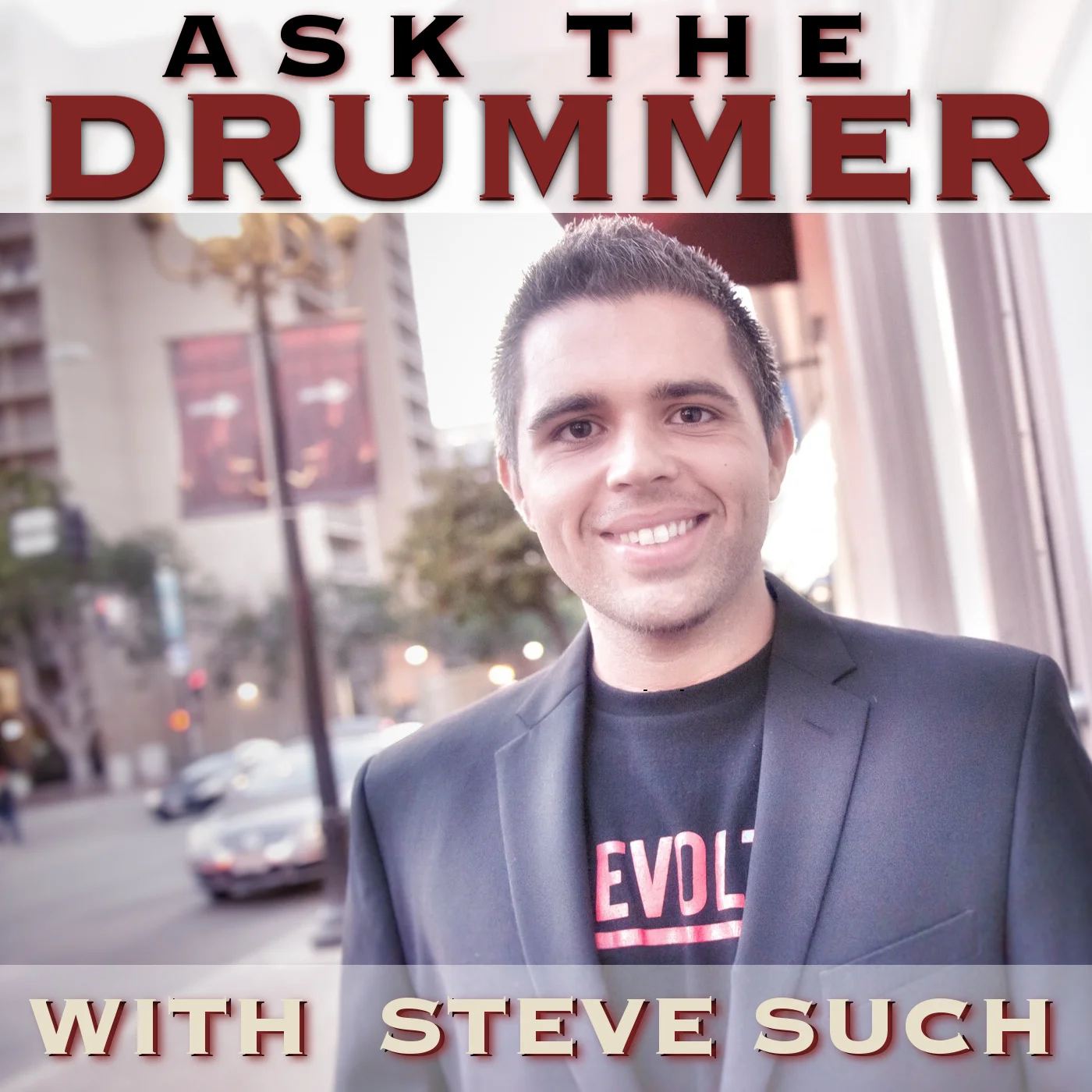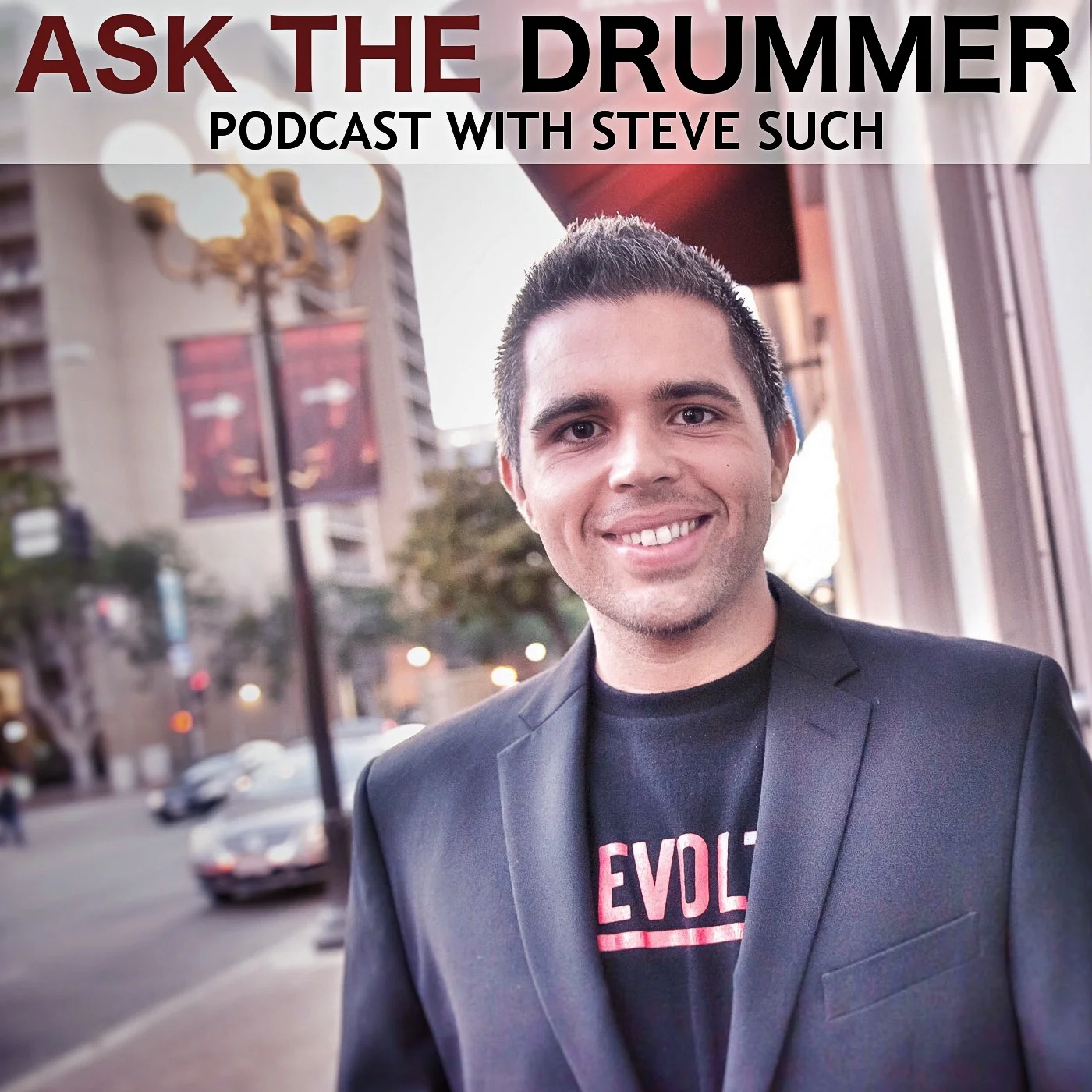STEVE'S THOUGHTS
This week's tip hits close to home, as protecting my ears was something I admittedly put off until much later in life. I spent years of high school and college NOT protecting my ears. I'd play in drum line for hours each week, take several music classes during the day, practice my drum set when I got home from school, and would blast music any chance I got. I was a kid! Ear plugs?? No way man!
The result?
Today, I have a moderate/heavy case of Tinnitus (ringing in the ears). It's bad. If you've ever been to a loud concert and then come home to fall asleep in a quiet room, you may have experienced this ringing sensation. It's often a distinct pitch, usually at a high frequency.
For me, it's almost always present. If I actively think about it (like right now as I write this article), I can hear it. But, because I live with it, I usually am able to tune it out as often as I can. However, if I'm in a really quiet environment, the tinnitus is much more noticeable. As a result, I have to have some kind of sound playing each night when I fall asleep, otherwise the ringing will make it almost impossible to fall asleep.
The bad news about all of this is that, as of 2016, even audiologists will admit that little is actually known about what's REALLY going on in the ears. Further, there is still no cure for tinnitus yet. Worse yet, there's actually no way to DETECT or MEASURE tinnitus (it can only be self-reported). Once you experience hearing-loss, that damage is permanent.
Because there is no cure for tinnitus, the best thing we can do as musicians is to protect our ears as much as humanly possible. Our ears are EVERYTHING. Period. Without them, we wouldn't be able to make music.
Here are a few ways that you can be smarter about protecting your ears:










